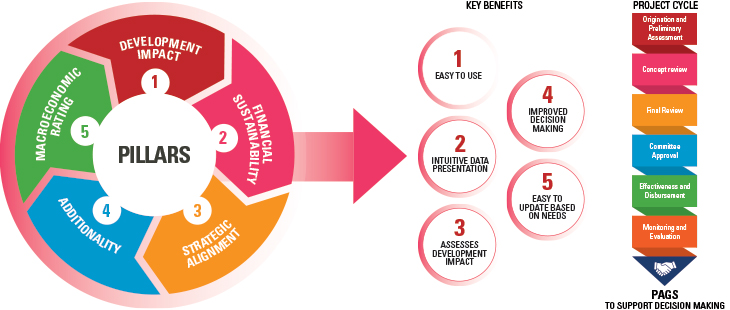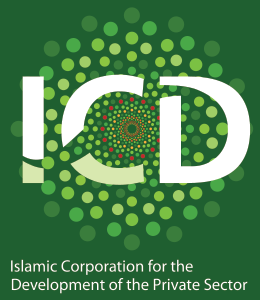Development
Effectiveness
Achieving development effectiveness is fundamental to ICD’s purpose as a development finance institution.
Developments in 2023
ICD co-hosted the Harmonized Indicators for the Private Sector Operations (HIPSO) Annual Meeting in London with the EBRD
Addressing the challenge of diverse reporting systems among DFIs, the Harmonized Indicators for Private Sector Operations (HIPSO) has worked since 2008 to standardize indicators and alleviate the reporting burden on shared clients. Since joining HIPSO in 2018, ICD is part of a growing network of 28 DFIs, contributing to expanding HIPSO’s metrics from 38 to 162, aligned with SDGs. Notable developments include the drafting of Joint Impact Indicators (JII) in 2021 for cross-cutting themes such as job, gender, and climate. The JII represents a major step forward for harmonized impact measurement and reporting.
Against this backdrop, ICD, in collaboration with EBRD, hosted HIPSO’s Annual Meeting in London with the theme “Leveraging HIPSO to strengthen impact management.”. The meeting emphasized leveraging HIPSO to strengthen impact management, fostering collaboration, and sharing knowledge on metrics, impact management systems, and evaluation methodologies. It provided an update on institutional strategies and the implementation of new metrics, promoting common reporting and learning among member institutions.
Introduction of the Project Assessment Grading System (PAGS)
PAGS is a robust in-house customized tool which will help guide ICD to assess its interventions not only from a risk perspective, but also from a development perspective. ICD’s M&E team has developed PAGS to assess its potential proposals in terms of development effectiveness, which is a requirement for ICD to ensure it distributes its resources in the most sustainable and efficient manner.

The objectives of PAGS include:
- Estimate the development impact of interventions submitted for approval;
- Identify interventions that maximize ICD’s development impact at appraisal;
- Provide evidence for effectiveness and accountability;
- Assign ratings/scoring of expected performance based on how well the intervention aims to contribute to ICD’s goals;
- Promote and support client/partner engagement towards impact alongside financial return.
2023 Development Effectiveness Survey Results
ICD conducts an annual survey to systematically collect data on the contributions of its clients and partners towards addressing the Sustainable Development Goals (SDGs) and to evaluate the specific developmental impacts they have made.
Islamic Finance Inclusion: Milestones and 2023 Highlights
Number of new Islamic finance clients in 2023
93,092
Number of clients who gained access to Islamic finance since ICD intervention
751,340
Empowering Women Through Islamic Finance
Number of women jobs sustained
24,403
Number of new women jobs created
2,781
Women-led/managed SMEs funded
610
Women in senior management positions
436
Number of new clients who are women
30,402
Supporting SMEs and Financial Growth
Number of jobs sustained
89,226
Number of new jobs created
14,700
Total amount of funding to SMEs
USD 189,534,13
SMEs supported through ICD financing
2,480
Economic and Community Development
Spending on community development
USD 3,778,423
Export sales generated
USD 466,577,618
Taxes collected for government revenues
USD 126,794,690
Infrastructure and Capacity Building
Total KWh energy produced
1,207,545,018
Total patients served
2,036,492
Total students enrolled
30,473
Total farmers reached
6,462
Total housing units
1,063
Training and Capacity Development
Number of people trained
3,337
Note: The ICD Annual Development Effectiveness Survey included specific questions regarding the contribution of ICD-supported projects to the SDGs. Further information can be found in the 2023 Annual Development Effectiveness Report.
The ICD Annual Development Effectiveness Survey included specific questions regarding the contribution of ICD-supported projects to the SDGs.
